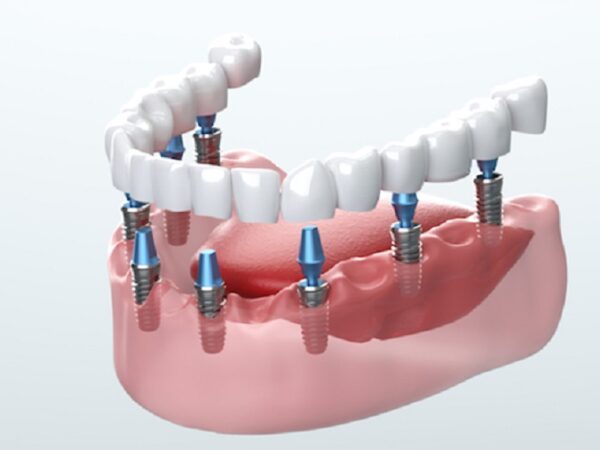Epilepsy is when you experience two or more seizures that are not caused by an underlying health condition. Seizures are the sudden rush of abnormal electrical activity in the brain, which can lead to loss of consciousness, muscle twitch or jerk, sensory symptoms, confusion, or blanking out. Epilepsy Dallas can affect anyone but is more common in younger children and older adults. Doctors do not determine the cause of epilepsy in about half of the patients. But factors like brain injury, stroke, lack of oxygen to your brain, dementia, and genetics can contribute to the development of seizures. There are various treatments for epilepsy, which include:
Anti-seizure medications
Anti-seizure drugs help control seizures in about sixty to seventy percent of epileptic patients. These medicines can help reduce the frequency and severity of your seizures. Your doctor customizes treatment depending on your age, type of seizure, general health, prior response to anti-seizure drugs, and other health conditions you have. Anti-seizure medications affect neurotransmitters, reducing the electrical activity that leads to seizures. Ensure you take your medications as prescribed by your doctor for effective results.
The Food Drug and Administration has approved over twenty anti-seizure medicines for epilepsy. Your doctor may try one or more drugs or combine several to find which works best for you. Common anti-seizure drugs include Lamictal, Topamax, Keppra, Tegretol, Zarontin, and Depakote. Anti-seizure medications can cause side effects like fatigue, dizziness, skin rash, poor coordination, and memory problems. Your doctor will help you manage these effects.
Diet therapy
Ketogenic and modified Atkins diets are the commonly recommended diets for epileptic patients. These diets have high fat, moderate protein, and low carbohydrates. Doctors often recommend the Ketogenic and modified Atkins diet for children who are not candidates for surgery and whose medications were ineffective. Low glycemic index diets can also help reduce seizures if you have epilepsy.
Surgery
Your doctor can recommend surgery if medications do not control your seizures and if you have debilitating and severe seizures. Epilepsy surgery can be effective if more than two anti-seizure drugs fail to control your seizures. There are two common brain surgeries that help treat epilepsy, which include:
Resection
Resection is the most common surgery for epilepsy. It involves your surgeon removing the brain part where seizures start. Usually, surgeons remove the temporal lobe in a process called a temporal lobectomy. The surgery can stop seizure activity in some patients. Your surgeon may keep you awake during resection surgery to talk with you and avoid removing the brain part that controls functions like vision, hearing, speech, or movement.
Multiple subpial transections
If the affected area of your brain is too big or crucial to remove, your surgeon may perform multiple subpial transections. The surgery involves your specialist making cuts in your brain to interrupt the nerve pathway, preventing seizures from spreading to other brain regions. After multiple subpial transections, some patients cut down on anti-seizure drugs or stop taking them.
Epilepsy is a chronic condition where you experience two or more seizures that are not caused by an underlying health issue. There are various treatments for epilepsy, including anti-seizure medications, diet therapy, and surgery. Schedule an appointment at RHBNeuro for epilepsy treatment to control your seizures.




